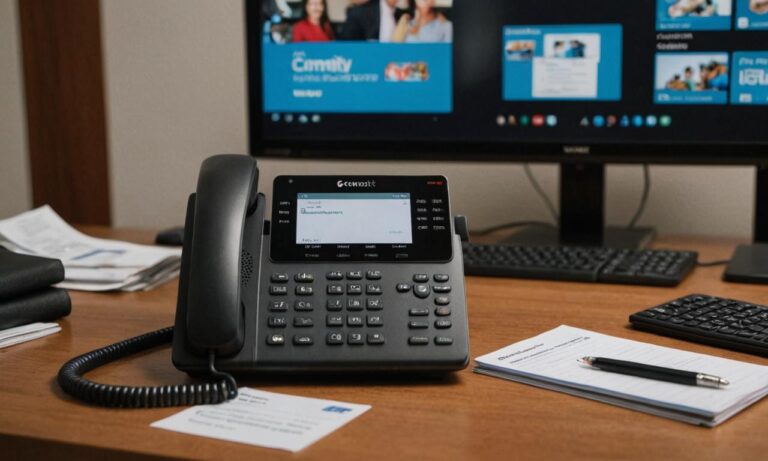Comcast Xfinity customers need to stay vigilant against a rising tide of phone scams targeting their accounts. These fraudulent calls often employ sophisticated tactics to trick unsuspecting victims into revealing sensitive information or falling for costly scams. In this article, we’ll explore the common techniques used by scammers, how to protect yourself, and what to do if you suspect a scam call. As someone who has personally experienced the stress and confusion of receiving a potential scam call claiming to be from Xfinity, I understand the importance of being informed and prepared.
I once received a call from an “Xfinity representative” claiming that my account had been flagged for suspicious activity. The caller pressured me to verify my account details and provide remote access to my computer. Thankfully, I recognized the red flags and ended the call before any damage was done. This experience taught me the importance of staying informed about the latest scammer tactics and trusting my instincts when something seems off.
Common Tactics Used in Xfinity Scam Calls
Scammers employing Xfinity phone scams often use a variety of tactics to deceive their targets. Some common approaches include:
Being aware of these common tactics can help you quickly identify and shut down potential scam calls.
Protecting Yourself from Xfinity Phone Scams
To safeguard your personal information and avoid falling victim to Xfinity phone scams, consider the following tips:
Security professionals recommend maintaining a healthy skepticism towards any suspicious communication, especially payment requests or personal information requests. If a caller claims to be from law enforcement, insist on verifying their identity through official channels.
According to cybersecurity expert Dr. Eliza Kaczmarek, “The best defense against telephone scams is a combination of awareness, caution, and proactive measures like using call blocking tools and regularly monitoring your accounts for suspicious activity.”
Identifying Fraudulent Comcast Calls
Spotting the signs of a scam call can help you avoid becoming a victim. Be wary of the following red flags:
If a caller mentions a supposed data breach or security issue with your account, insist on verifying their claims through official Xfinity channels before providing any information.
Reporting and Blocking Scam Calls
If you believe you’ve received a scam call purporting to be from Comcast or Xfinity, take the following steps:
By reporting scam calls and taking proactive measures to block them, you can help protect yourself and others from falling victim to these fraudulent schemes.
Scammer Tactics and Social Engineering
Many Xfinity phone scams rely on social engineering, a psychological manipulation tactic used to trick victims into divulging sensitive information or performing actions against their best interests. Scammers may employ the following techniques:
Malicious actors behind these scammer tactics often seek to commit identity theft or financial fraud. By understanding the psychological manipulation at play in vishing attacks and other social engineering schemes, you can better protect yourself from falling victim to these phishing scams.
Preventing Telephone Scams and Cybercrime
In addition to being cautious of suspicious calls and protecting your personal account information, there are several proactive measures you can take to prevent falling victim to telephone scams and cybercrime:
By working together as a community to spread awareness and support anti-fraud measures, we can create a safer environment for all consumers and make it harder for scammers to succeed.
As someone who has faced the unsettling experience of a potential scam call, I believe it’s crucial that we remain vigilant and proactive in protecting ourselves and our loved ones from these threats. By staying informed, reporting suspicious activity, and supporting efforts to combat cybercrime, we can all play a part in creating a safer, more secure digital world.
See also:
- First Premier Lending Scam: Beware of Deceptive Robocalls and Unsolicited Loan Offers
- Is Xfinityrefunds.com a Scam or Legit Refund Option from Xfinity?
- Beware of the Widespread Spectrum Scam: Fraudulent Calls, Texts, and Emails Promising 50% Off
- Is JRM Legal Group a Massive Debt Collection Scam? Uncovering the Legitimacy of this Mysterious Company
- Is removemeplease.org a Cunning Scam with Enticing Promises?






